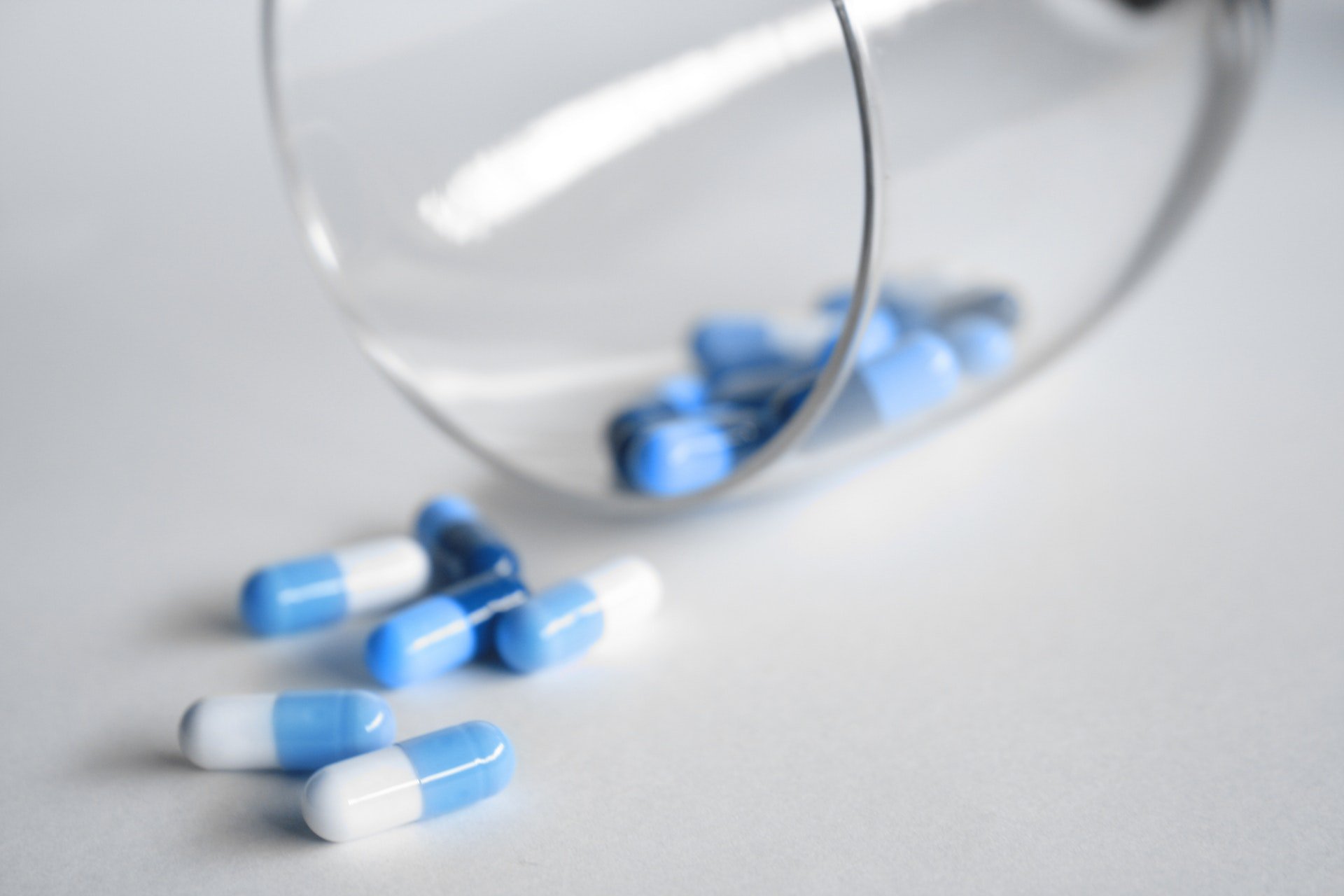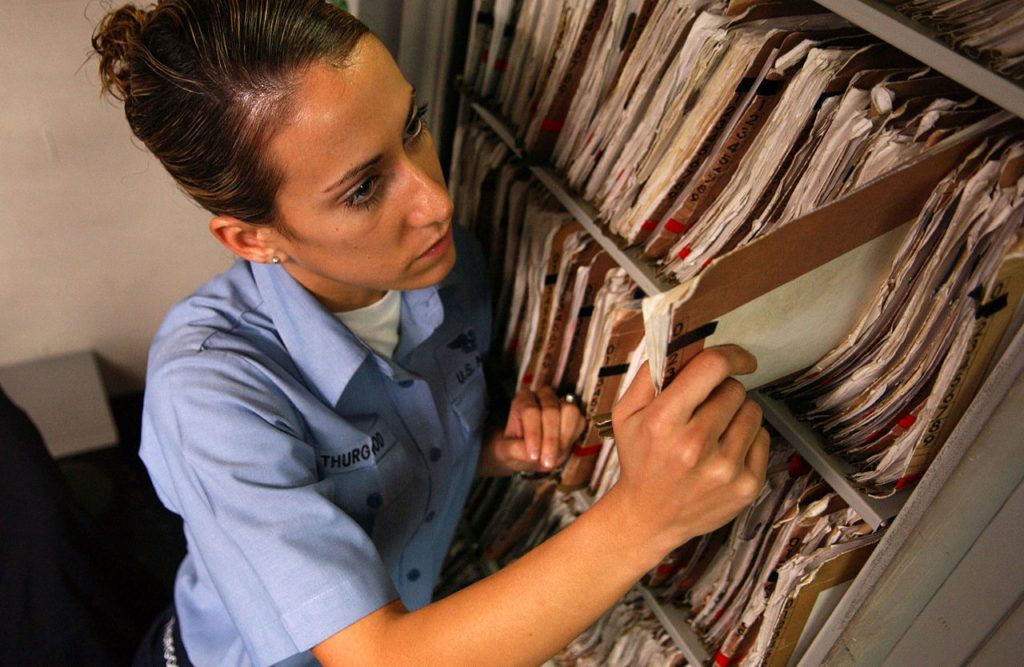Biotech
Gonorrhea superbug spread: Looking at the economics behind antibiotics
A gonorrhea superbug that is spreading has developed a resistance to antibiotics.

The World Health Organization alerted the public about the spread of a gonorrhea superbug. A superbug is a bacterial strain that has become resistant to multiple antibiotics. According to Business Insider, WHO officials documented at least three people infected by the superbug and are likely spreading it through sexual activity. These cases were documented each in Japan, Spain, and France.
In particular, a WHO official said the three cases are just a tiny portion of the actual number of gonorrhea superbug infections globally. That’s because of most countries, especially in the developing world, are unable to document and report untreatable infections. There are currently three antibiotics used to treat gonorrhea: ciprofloxacin, azithromycin, and extended-spectrum cephalosporins (ESCs).
The gonorrhea superbug has already developed resistance to both ciprofloxacin and azithromycin. So far, ESCs still work as a last resort, but there are already reports of superbug resistance in 50 countries. WHO experts said that it was “only a matter of time” before all three drugs fail against gonorrhea.
Superbugs resist antibiotics
According to a WHO report, these superbugs cause a variety of infections including pneumonia, blood infections, urinary tract infections, and meningitis. One scary superbug is the MRSA or methicillin-resistant Staphylococcus aureus; it is more commonly known as a flesh-eating bacteria.

AWHO official stated that many nations, particularly the developing countries, failed to record and report infections that are difficult to cure. (Source)
In previous years, these superbug infections only happened in hospitals. This is because when bacteria are exposed to antibiotics often, as in a hospital setting, they evolve and develop traits allowing them to resist the drugs. Alarmingly, though, superbugs have begun to spread into communities.
Any species of bacteria has the potential to become a superbug. The most common cause of antibiotic resistance is the improper use of antibiotics. An expert interviewed in the same WHO report said, however, the rise of superbugs is inevitable. The use of antibiotics simply forces bacteria to adapt and evolve. That’s why it’s important to keep antibiotic research and development going.
The WHO said the arsenal of antibiotics against superbugs is sorely lacking. The evolution and spread of superbugs have outpaced human efforts to develop new drugs against them. WHO experts said two factors are responsible, one is scientific and another, economic. The scientific reason is that new discoveries have to be made. The present generation of antibiotics is already at the edge of scientific know-how. To develop drugs against superbugs, scientists need new knowledge, new experiments, new research, and insights.
The economic reason is this: scientific discovery is never cheap. It requires many resources from scientific experts to high-tech facilities, to millions of dollars in funding. Discovering new antibiotics also require numerous clinical trials that add to the cost. Even when new drugs prove effective, they have a poor return on investment.

Infections from these superbugs occurred only in hospitals because these bacteria acquire resistance from antibiotics following their exposure to the drugs. (Source)
Why is this the case? It’s because they are taken for a short period of time and cure the illness. Drug companies make bigger profits by selling drugs for chronic illnesses like high blood pressure, diabetes, depression, and others. Patients usually take these drugs for a lifetime, resulting in continuing earnings for drug makers. The popularity of the wellness lifestyle is also driving drug manufacturers to put more resources into making lifestyle-related products like weight loss pills, and nutritional supplements.
A call for both private and public sectors
To counter all these, WHO officials are calling on governments and lawmakers to provide incentives to pharmaceutical firms to they are better motivated to discover and create new antibiotics that are effective against superbugs.
One suggestion is to separate the costs of research and development from the profits expected by drug firms coming from the wide use of the antibiotics. Simply put, these incentives should bring financial rewards to drug firms, and these rewards should not be dependent on driving sales of antibiotics.
The negative effects of superbug infections go beyond the toll taken on people’s health. There’s a huge economic burden on countries as well. For example, a 2013 estimate by the Centers for Disease Control in the U.S. put a cost of $15.6 billion dollars annually for treating sexually transmitted diseases alone.
Experts know that the economic burden of infectious diseases runs in the billions of dollars yearly. However, there is yet no reliable calculation covering the costs of all types of infectious diseases worldwide, according to the Infectious Disease Cost Calculator. The IDCC is a project of the John Hopkins Center for Health Security.

-

 Crowdfunding1 week ago
Crowdfunding1 week agoAWOL Vision’s Aetherion Projectors Raise Millions on Kickstarter
-

 Impact Investing5 days ago
Impact Investing5 days agoItaly’s Listed Companies Reach Strong ESG Compliance, Led by Banks and Utilities
-

 Impact Investing2 weeks ago
Impact Investing2 weeks agoBNP Paribas Delivers Record 2025 Results and Surpasses Sustainable Finance Targets
-

 Impact Investing2 days ago
Impact Investing2 days agoCDP Approves €1.5 Billion Package to Boost Industry, Renewables, and International Development























You must be logged in to post a comment Login